Shafiqul Alam, the Press Secretary to the Chief Adviser, has raised an important concern regarding the future of Urdu in Bangladesh.
He believes that setting up a proper Urdu academy or school is crucial for the hundreds of Bihari children growing up in the Geneva Camp.
Alam shared his thoughts on the issue through a Facebook post on Saturday.
In the post, he said, "For the hundreds of Bihari children growing up in the Geneva Camp, it is essential to create a high-quality academy or school where they can learn and speak Urdu beautifully, just like poetry, and also be taught to write it properly."
He emphasized that the sacrifices made by the language martyrs, who fought for their mother tongue, symbolize the love and respect for language.
Alam hopes this ideal will spread across different communities in Bangladesh, encouraging respect for diverse languages.
Alam also proposed that the academy could offer a special focus on an older form of Urdu spoken in old Dhaka. He mentioned that in recent years, some efforts have been made to revive this traditional dialect of Urdu.
However, he warned that if children are not taught Urdu from an early age in the right educational institutions, the language might slowly disappear in Bangladesh.
Recalling the 19th century, Alam pointed out that madrasas in Bengal once taught Urdu. Prominent Islamic figures, such as Hazrat Karamat Ali Jounpuri, often gave speeches in Urdu while spreading Islam in the region.
Additionally, during British rule, Bengali soldiers stationed in various military camps would communicate in Urdu with soldiers from other parts of India.
He also highlighted that during the 1960s, when the film culture became popular in East Bengal, many well-known filmmakers created movies in Urdu.
Legendary poet Syed Shamsul Haq, celebrated director and writer Zahir Raihan, along with other Bengali filmmakers, worked in Urdu during that time.
The cultural environment in Dhaka in the 1960s was marked by rich linguistic diversity, with Urdu-medium schools where Bihari and North Indian immigrant children learned.
This call for an Urdu academy for Bihari children shows the importance of preserving languages and cultures, especially for communities that have long had their own unique traditions.
Alam’s appeal reflects his belief in the power of education to maintain the vibrancy of language and culture.


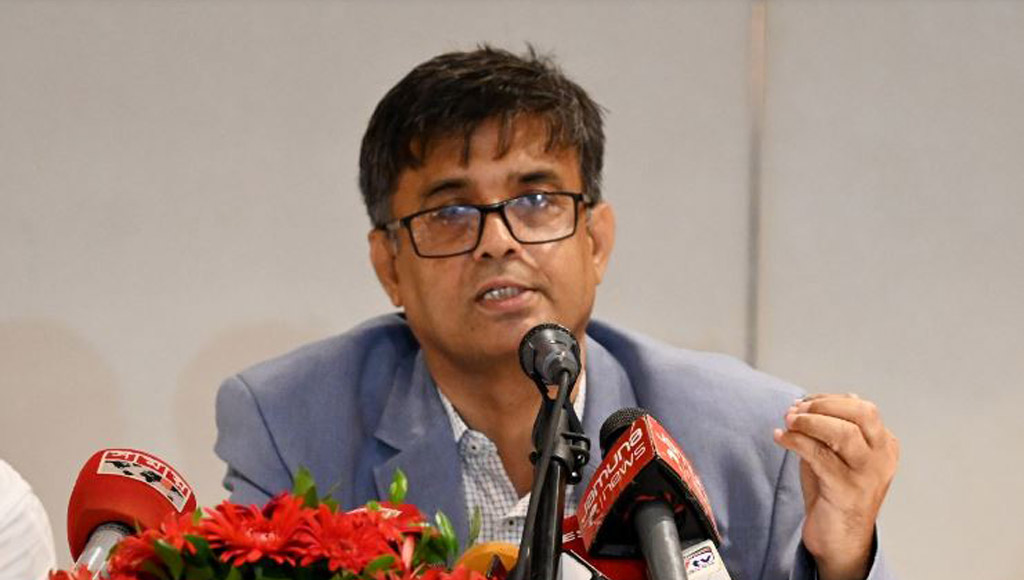

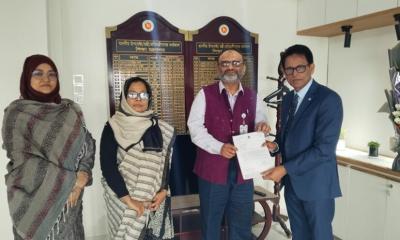

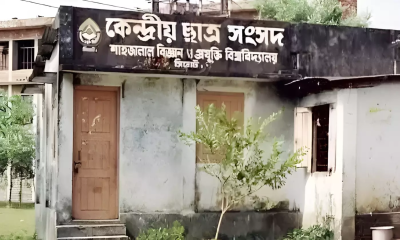
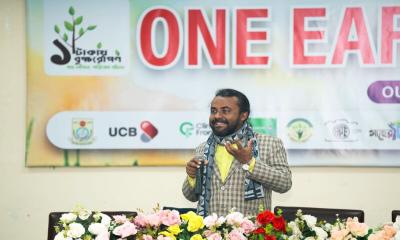
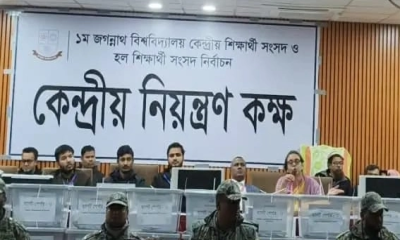
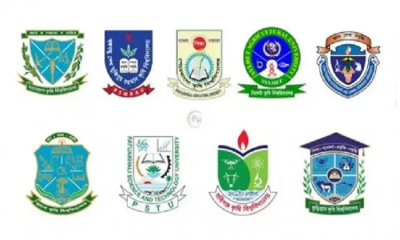
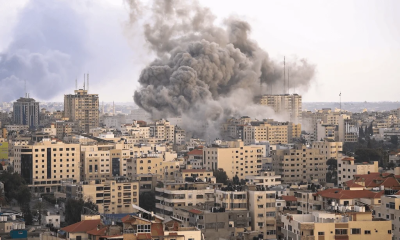


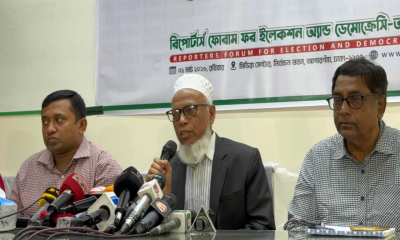


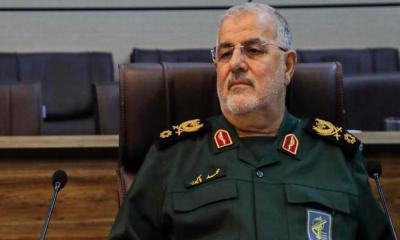
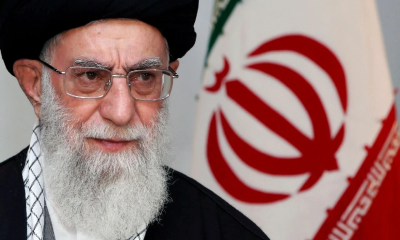
-20260301064029.webp)
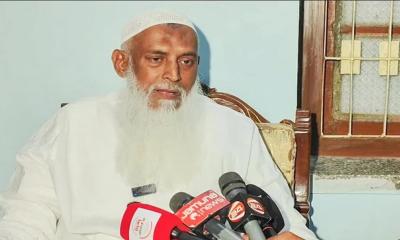
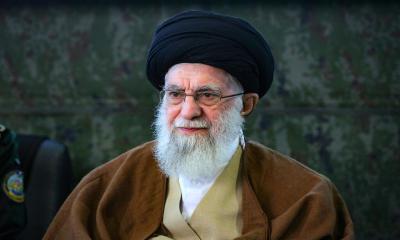

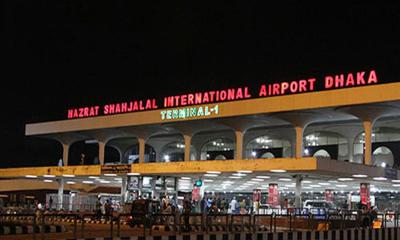

-20260228080513.webp)





-20260224075258.webp)






-20260225072312.webp)
